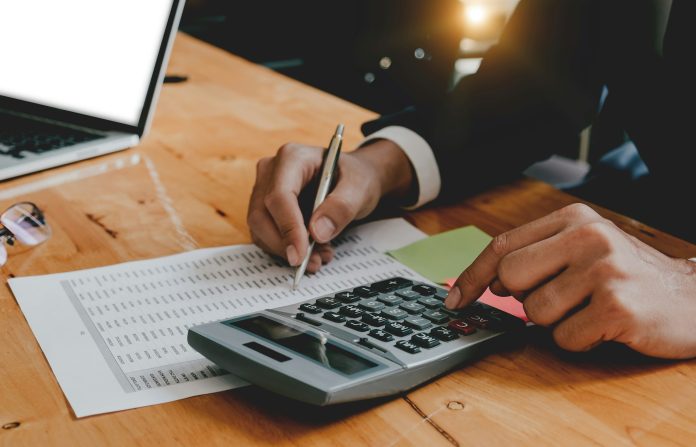In the UK, VAT is a tax applied to the majority of products and services. Given the complexities of VAT law, most firms are likely to make mistakes in their VAT accounting.
Sometimes, these mistakes can be expensive, and if HM Revenue and Customs think you were irresponsible they could charge you penalties.
In this article Experlu examines nine of the most common places where mistakes are made on VAT returns.
Not charging VAT on non-standard supplies.
Charging VAT on primary company supplies such as stock and office equipment is a regular occurrence. Since these purchases are shown in every VAT return, errors rarely happen.
Mistakes occur when non-standard supplies are added. Transactions outside common trading patterns, such as cash sales, rental income, administration charges or barter transactions, are frequently overlooked or given incorrect treatment, resulting in insufficient, too much or no VAT reclaimed.
Entering the wrong figures
Discrepancies in your VAT figures, whether in your VAT accounting software or in your VAT returns, can lead to issues. These discrepancies may arise from a lack of knowledge or negligence when inputting figures. It’s crucial to rectify such mistakes promptly before you submit your VAT returns.
Not issuing VAT invoices on time
VAT invoices typically need to be issued within 30 days of either the date of supply or payment (if payment is received in advance). For goods, the date of supply refers to when they are sent, collected, or made available. For services, the date of supply is the day the service was provided or completed if it was provided over multiple days.
VAT claim without proof
One of the most prevalent mistakes in VAT returns is failing to maintain records. The key is to maintain all of your invoices, receipts, records, and proofs arranged and prepared so you can access them anytime.
Reclaiming VAT on entertainment
Organisations use a common strategy to build relationships and establish their brand: providing entertainment to prospective or existing customers. Given that this is essentially advertising spend, it appears natural to be able to recover VAT on your spending.
However, HMRC doesn’t see it like this, and input tax can’t be recovered for any type of company entertainment. It comprises
- Accommodation
- Food and drink
- Entry to events or shows
Reclaiming VAT on fuel and cars
You can reclaim VAT on fuel purchased for business reasons by directors, partners, and staff on a VAT return.
When fuel purchased for individual use is claimed alongside fuel purchased for job travel, which is common when a vehicle has double business and personal service, it is a typical VAT return mistake.
Since HMRC needs precise mileage records to support a claim, keeping records is too much work. In this case, you can pay an output tax scale charge to account for fuel used for personal travel.
Reclaiming import VAT too early
The most common mistake with import VAT is claiming VAT on receipt of invoices from shipping agencies. While these bills are acceptable, they only account for the agent’s charges and not the import VAT for claims.
After obtaining a certified import VAT certificate (C79) from HMRC, you can claim import VAT. This usually occurs three weeks after the end of the month when organisations deliver the goods in the UK.
Reclaiming VAT on aged creditors
If an output tax is accounted for on a supply made and the customer does not pay after six months, the supply becomes a bad debt, and your company is entitled to recover the output tax. This is a frequently known debt relief rule.
But the law has another aspect that is frequently neglected: you cannot file for bad debt relief until six months after the due date.
If your company has recovered input tax on bills received from suppliers, but the payment to the supplier remains outstanding after six months, you must return that input tax to HMRC.
Not seeking professional advice
VAT rules and regulations can be complex, especially for businesses with international operations or specific industries. Seek professional Online accountants advice when in doubt to ensure compliance and avoid costly mistakes.
Final thoughts
By recognising where VAT return mistakes frequently happen and what HMRC expects of you, you can decrease your chances of making an error to reclaim what you’re owed. Using a UK VAT checker, keeping your finances together and organising all VAT-related paperwork can easily fix errors on future returns.

